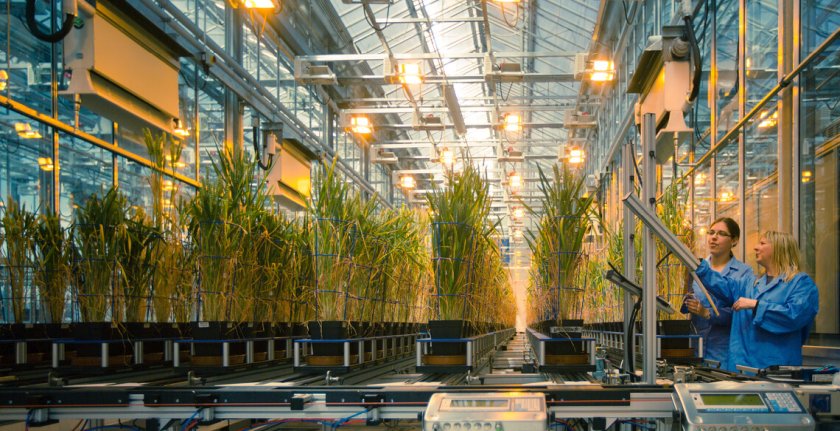
Scientists are aiming to unlock the potential of clover and other legumes to reduce the use of fertiliser and emissions from livestock following a £3.3m grant.
Researchers will look at the ability of red and white clover and another legume, Birdsfoot Trefoil, to improve livestock productivity whilst reducing reliance on fertilisers.
It is part of a new UK government funded project in partnership with the farming industry and scientists at IBERS, a research institute at Aberystwyth University.
New legume varieties have been developed by seed firm Germinal and the university that are more resilient to grazing and extreme weather.
Birdsfoot Trefoil contains compounds called tannins, which scientists say can reduce methane emissions by cattle and sheep.
The study, called ‘NUE-Leg’, will be working with commercial farmers to maximise the benefits of clovers and legumes.
It will look at how to best take advantage of the natural ability of legumes to fix nitrogen, reducing reliance on chemical nitrogen fertilisers.
The study will include on-farm trials to identify how to support farmers to reach the government's net zero targets.
Dr Christina Marley, from IBERS at Aberystwyth University, said the project could help cut the use of fertilisers and agricultural emissions.
"The aim is to make the most of the ability of clovers and other legumes to increase nitrogen levels naturally in UK grasslands," she said.
"We are really looking forward to working together with livestock farmers to understand how best to use these new legumes within real farming systems.
"There is so much potential in these adaptations to some of our native plants, as we, as a society, undertake a wider collective effort to tackle climate change."
Paul Billings, managing director at Germinal UK, said the project had the potential to be 'truly transformative' for grassland farming in the UK.
"We want to achieve a threefold increase in the capacity of clovers to fix atmospheric nitrogen up to 300 kg nitrogen per hectare per year and thereby eliminate the need for chemical nitrogen fertilisers," he said.
"It could be a game-changer in both cutting emissions and in supporting farm profitability."
